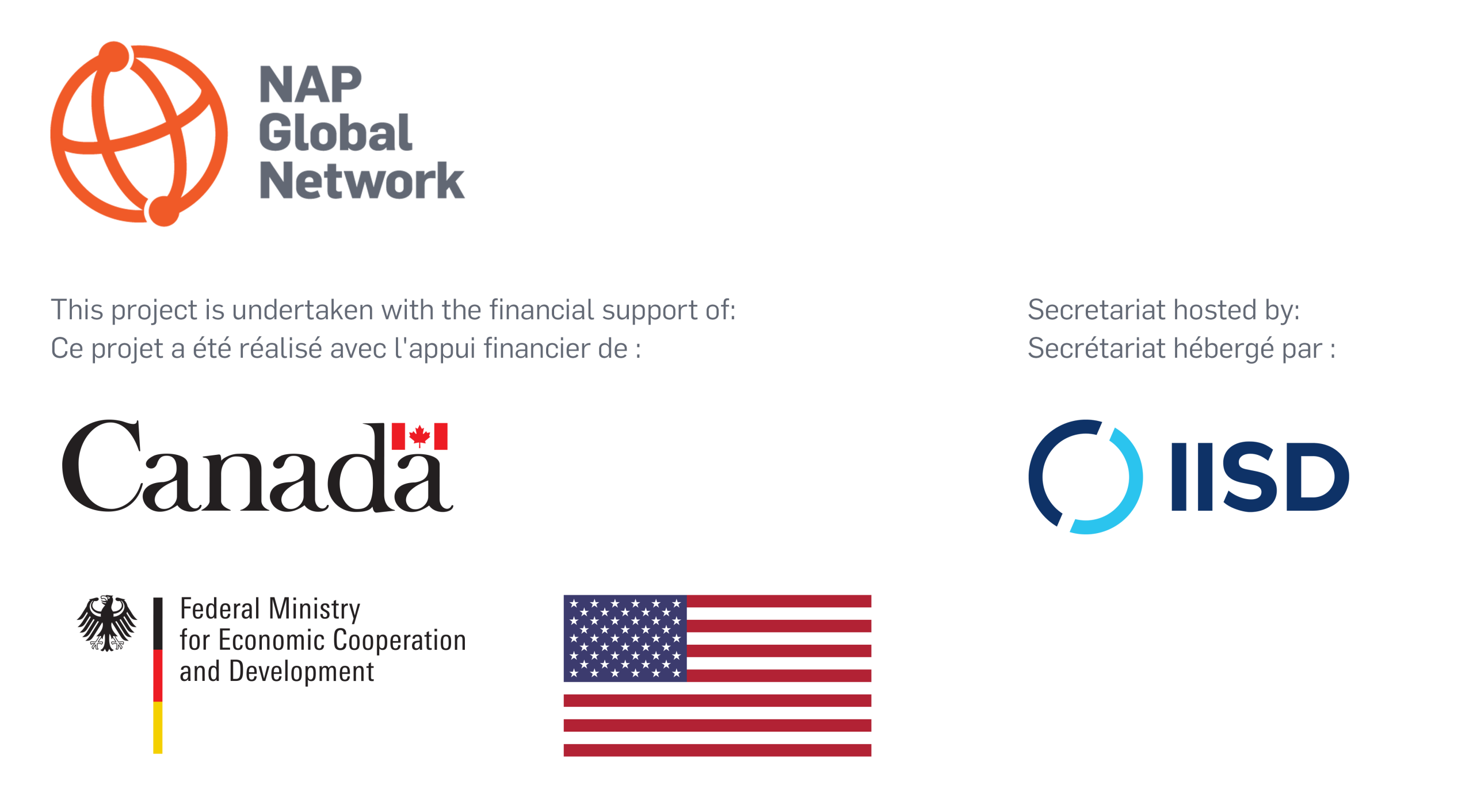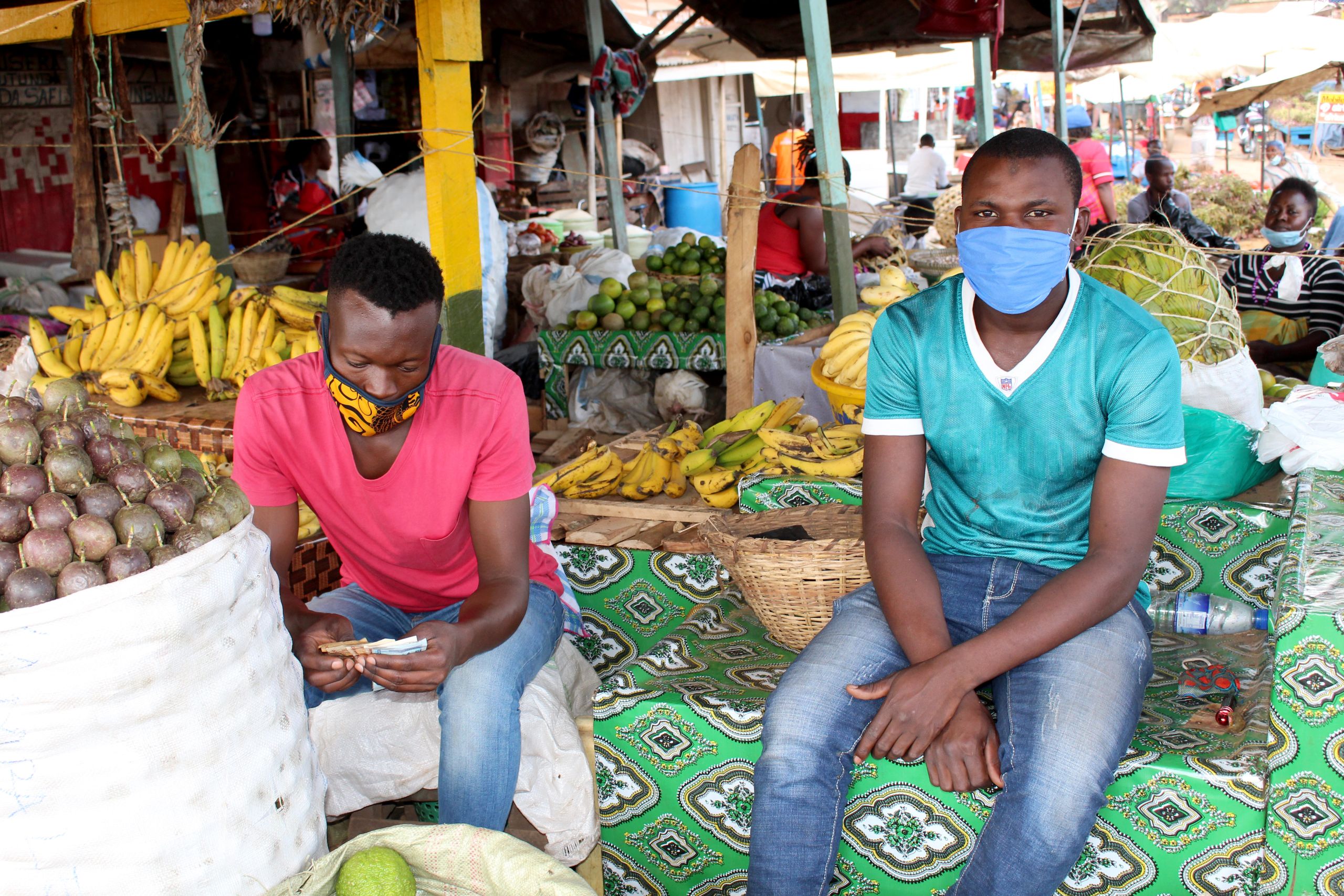How COVID-19
Is Reinforcing the Need for Climate Adaptation in Vulnerable Countries
Insights from NAP Global Network
Partner Countries
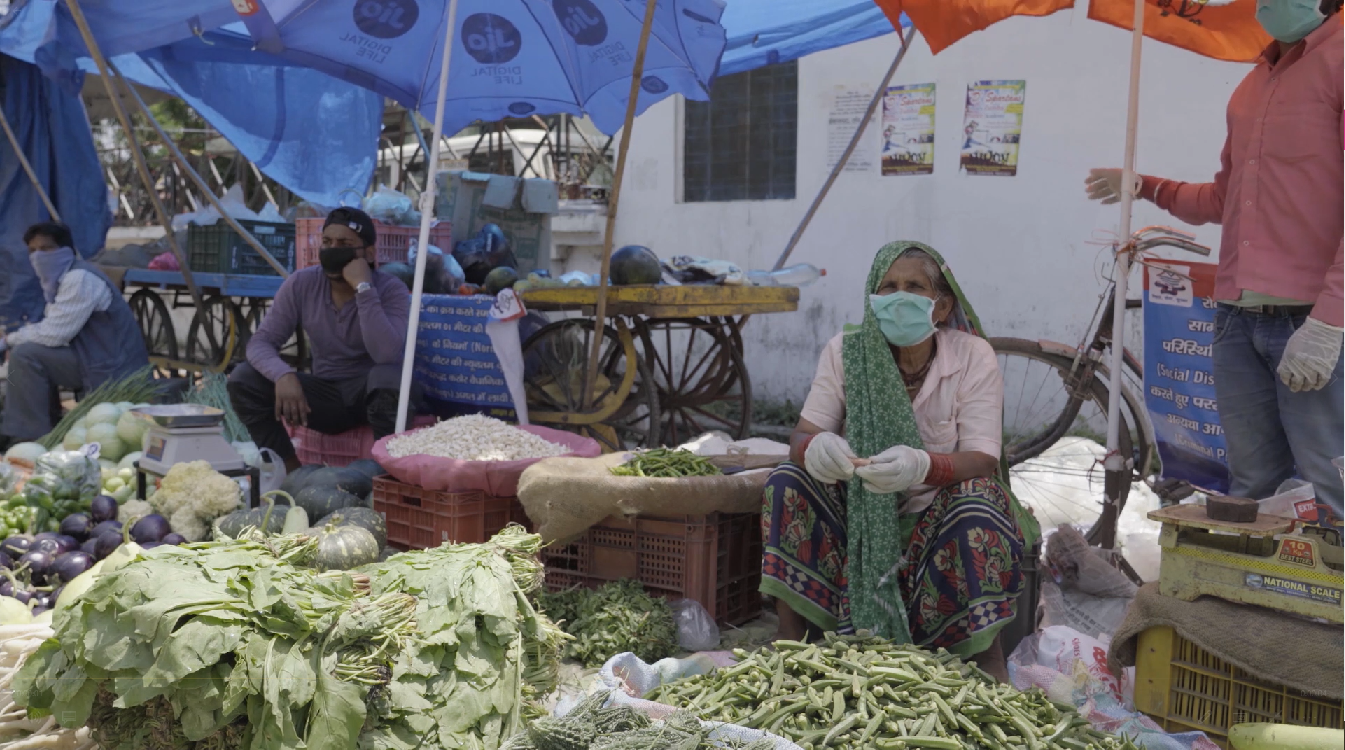
“There is a call at the international and regional level to ensure we don’t forget climate change adaptation, mitigation, and disaster risk management while we focus on our response to COVID-19; climate change is still here, and we have the stark reminder that we have now entered hurricane season.”
As noted in a recent blog post, both the impacts of—and recovery responses to—the COVID-19 pandemic can be linked to a country’s priorities for adapting to climate change. Recognizing this intersection, we reached out to our partner countries to better understand how the COVID-19 pandemic has affected their plans to prepare for and adapt to the impacts of climate change, asking:
- Has COVID-19 reinforced some of your country’s overall climate change adaptation priorities?
- How has the pandemic affected the progress of your National Adaptation Planning (NAP) process?
- What aspects of your country’s NAP have helped form your COVID-19 response and recovery strategies?
Our team interviewed 10 country representatives in June 2020: Burkina Faso, Colombia, Costa Rica, Côte d’Ivoire, Fiji, Nepal, Peru, Saint Lucia, South Africa, and Zimbabwe. Here is what we discovered.
The decisions we make today need to align with our vision for a sustainable future, as explained in the video below by Andrea Meza Murillo, Director of the Climate Change Division, Ministry of Environment and Energy, Costa Rica.
Photo credit: KB Mpofu / ILO
Current Setbacks
in NAP Processes
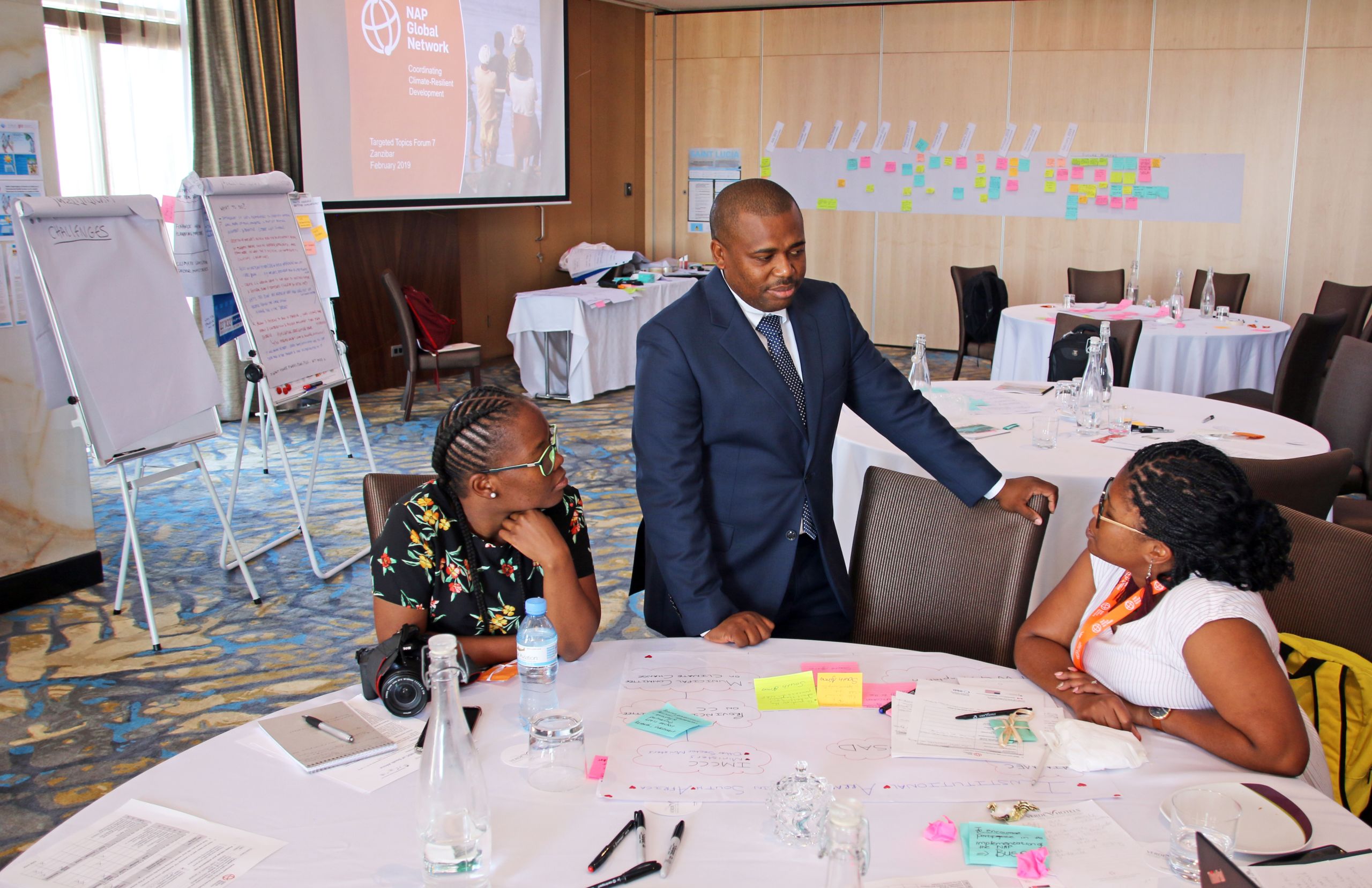
The COVID-19 pandemic has affected adaptation planning processes around the world. Our partner countries highlighted current interruptions to their adaptation plans—from being slightly delayed by a few months to being completely stalled. Reasons for these delays include:

“As a Department, we continue to engage our stakeholders, but now increasingly utilizing virtual means for consultations, training sessions and meetings. We recognize that virtual engagement is the order of the day at the national, regional, and international level, but it is important to find that balance to avoid stakeholder exhaustion. It may take a while for people to become comfortable congregating in large numbers in rooms with others, so virtual sessions are indeed the new normal.”

“The NAP was supposed to go to Cabinet for approval by April 8, 2020. However, all Cabinet business has been paused, so it is on hold. They’ve already missed the opportunity for budget allocations for the next fiscal year. This has caused a major delay in our NAP process.”

“We’re not expecting to move away from climate-related targets, but funds are very limited, and debt is going through the roof. So, how to handle a huge external debt in the near future is something everyone in government is thinking and
worrying about.”
The Value of the NAP Process in Times of Crisis
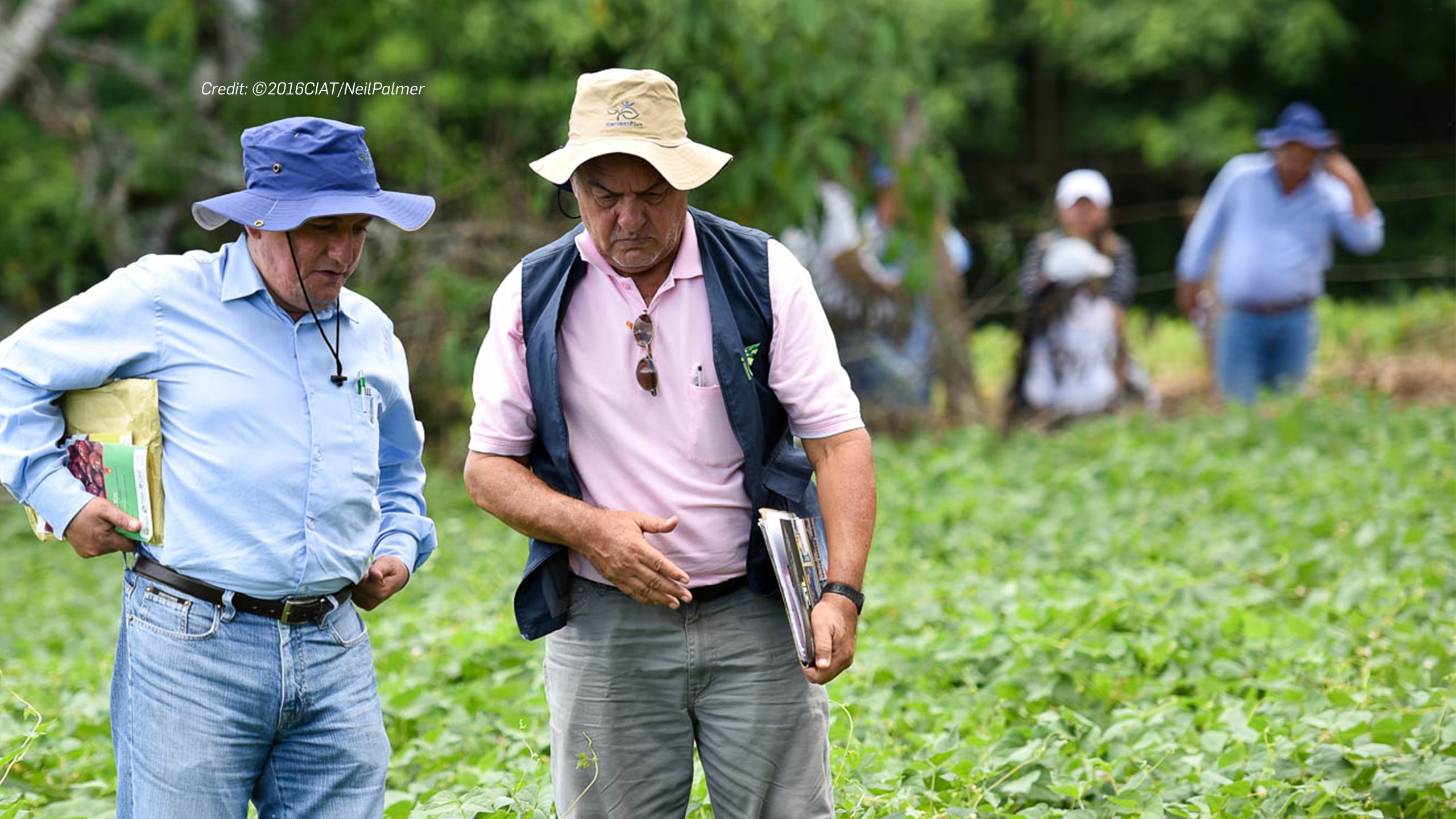
Despite the challenges and setbacks noted above, the structures, capacities, and activities associated with NAP processes have proven useful in the development of COVID-19 responses and recovery plans.

Roadmap for a resilient recovery:
By laying out medium- and long-term priorities for building a resilience to various shocks and stresses, NAP processes provide government actors with a sense of direction for responding to and recovering from any crisis.

Identifying vulnerable areas and people:
NAPs point to places and populations that are disproportionately affected by the impacts of climate change and now experiencing the worst impacts of the pandemic.

Strong institutional arrangements:
The NAP process establishes policy instruments, advisory bodies, and engagement platforms that can also be used for coordinating COVID-19 recovery.

Providing options to approach development differently:
COVID-19 has provided an opening for countries to fundamentally change how they build and secure their futures—including by putting climate resilience at the heart of it. NAPs contain the concrete actions for making this shift a reality.
Countries around the world are entering a new normal; one with shifting priorities and a focus on resilience. At the NAP Global Network, we will take this opportunity to further support our partner countries by helping them integrate lessons from this experience into their climate adaptation plans and priorities. It is clear to us that the NAP process will play an important role in paving the way forward to build back better.
Photo credit: Robert Keane
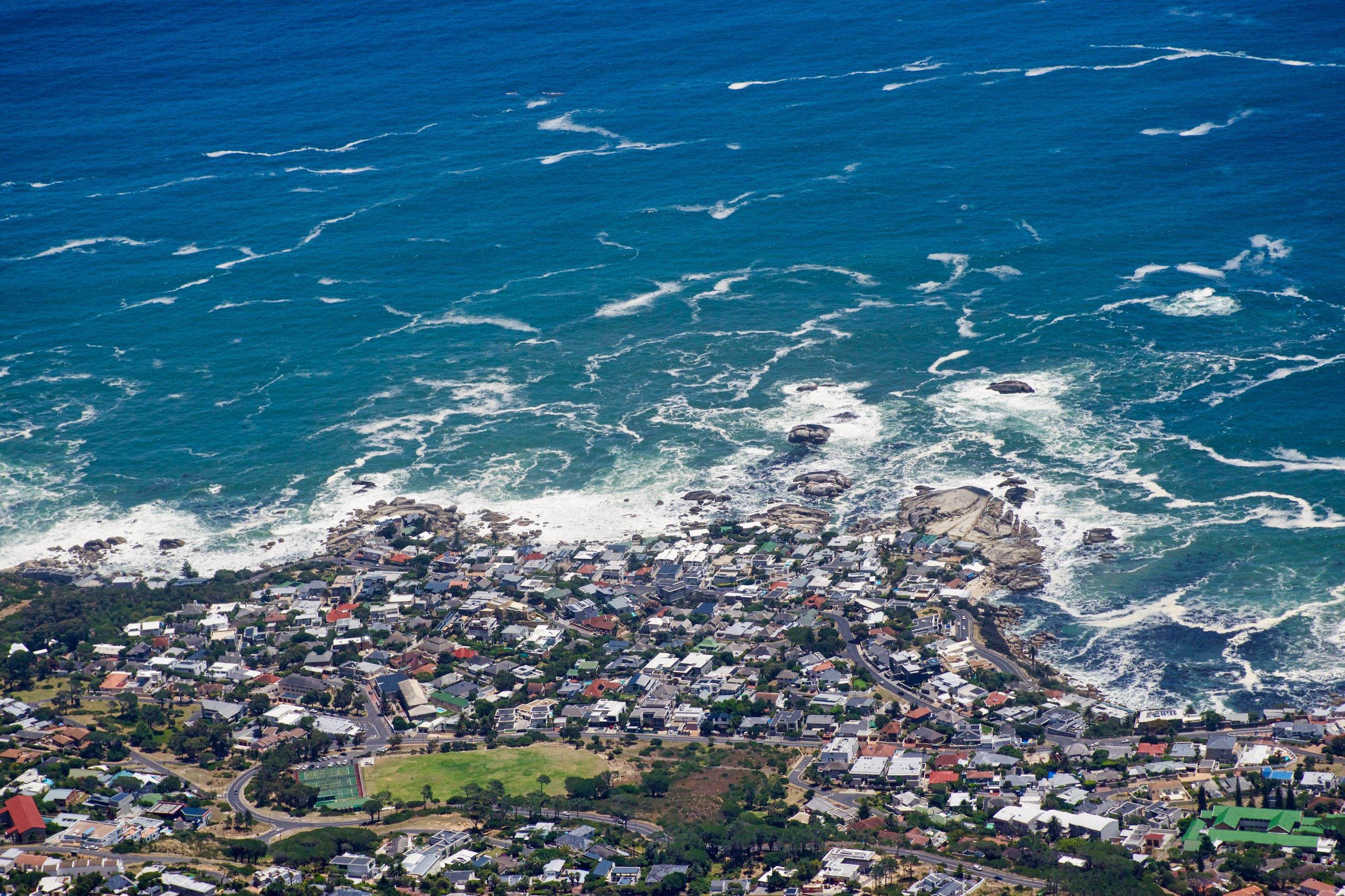
Acknowledgements
The NAP Global Network Secretariat, IISD, would like to express our sincere thanks to the following government representatives for taking the time to speak with us to share their perspectives on the links between COVID-19 recovery and their countries’ National Adaptation Plan processes.
Ms. Alinah Mthembu, Department of Environment, Forestry and Fisheries, South Africa
Ms. Andrea Meza Murillo, Director of Climate Change Division, Ministry of Environment and Energy, Costa Rica
Ms. Cristina Rodríguez, Director of Climate Change Adaptation and Desertificaton, Ministry of Environment (MINAM), Peru
Ms. Dawn Pierre-Nathoniel, Department for Sustainable Development, Ministry of Education, Innovation, Gender Relations and Sustainable Development, Saint Lucia
Ms. Emily F. Matingo, Climate Change Scientist, Ministry of Environment, Water and Climate, Zimbabwe
Mr. Jean Douglas Anaman, Climate Resilience Project Coordinator, Ministry of Environment and Sustainable Development, Côte d’Ivoire
Mr. Kouka Ouedraogo, Director General, National Meteorological Agency; Ministry of Transport, Urban Mobility and Road Safety; National Meteorological Directorate, Burkina Faso
Dr. Maheshwar Dhakal, Joint Secretary (Technical), Chief, Climate Change Management Division, National Focal Point for UNFCCC and UNCCD, Ministry of Forests and Environment, Nepal
Mr. Santiago Aparicio, Director of Environment and Sustainable Development, National Planning Department (DNP), Colombia
Ms. Shanna Emmanuel, Department for Sustainable Development, Ministry of Education, Innovation, Gender Relations and Sustainable Development, Saint Lucia
Mr. Shivanal Kumar, Climate Change Adaptation Specialist, Ministry of Economy, Fiji
